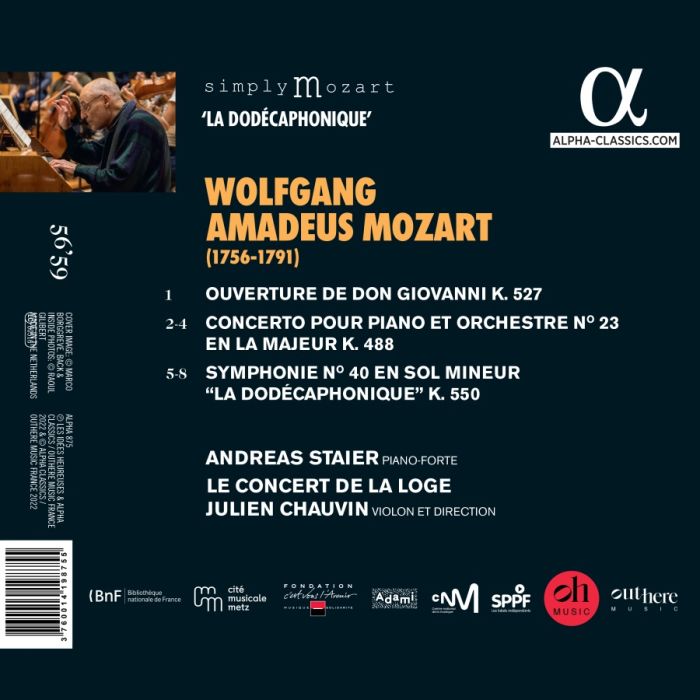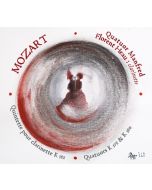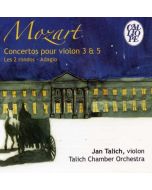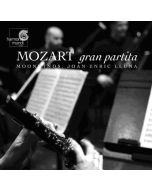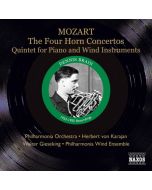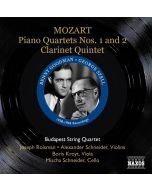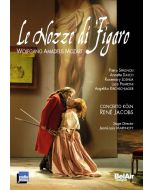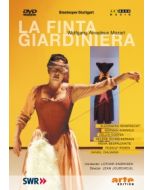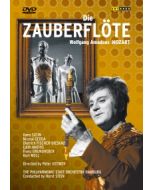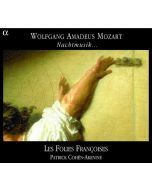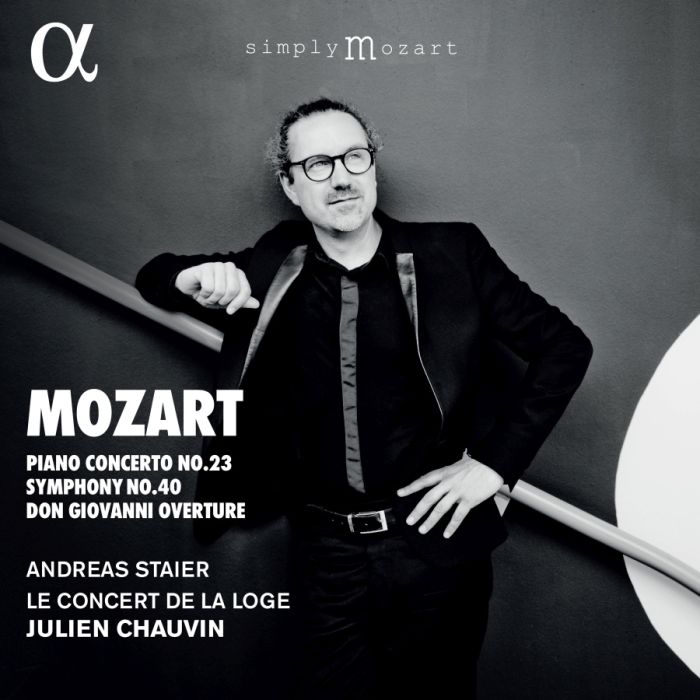
(Produkt nie został jeszcze oceniony)
kompozytor
Mozart, Wolfgang Amadeus
tytuł
Mozart: Piano Concerto No. 23; Symphony No. 40
wykonawcy
Chauvin, Julien, Le Concert de La Loge, Staier, Andreas
nr katalogowy
Alpha 875
opis
Julien Chauvin meets up with one of the great harpsichordists and fortepianists of our time, Andreas Staier, who is a leading interpreter of the Mozart concertos. He presents us with his vision of the Piano Concerto no.23 and its famous Adagio, ‘one of the most heart-rending slow movements ever written by Mozart... Performers often tend to take it too slowly, certainly thinking that this will accentuate the tragic side, but Julien Chauvin and I spontaneously agreed on a slightly faster tempo, which respects the basic pulse of this movement in siciliana rhythm. When you start with the right tempo, it’s amazing how the whole discourse comes together perfectly, in a very logical and simple manner’, says Staier, who plays a magnificent instrument by Christoph Kern after a 1790 fortepiano by Anton Walter, the great maker of Mozart’s time. Also on the programme is the Symphony no.40, in which, says Julien Chauvin, ‘Mozart explores types of writing that he pushes to their most extreme limits. This is the case in the finale, where we find a succession of dissonant disjunct intervals at the opening of the development which, on closer inspection, present us with the full chromatic scale (except for G natural, the symphony’s tonic). And so the twelve-note series was born!’
•Mozart: Symphony No. 40 in G minor, K550
Works:
•Mozart: Don Giovanni, K527: OvertureMozart: Piano Concerto No. 23 in A major, K488
•Mozart: Symphony No. 40 in G minor, K550
nośnik
CD x 1
wydawca
Alpha
data wydania
3.10.2022
EAN / kod kreskowy
3760014198755
79,00 zł
Produkt dostepny w niewielkiej ilości.
Wysyłka w ciągu 3 dni roboczych
Darmowa wysyłka dla zamówień powyżej 300 zł!
Darmowy kurier dla zamówień powyżej 500 zł!
sprawdź koszty wysyłki